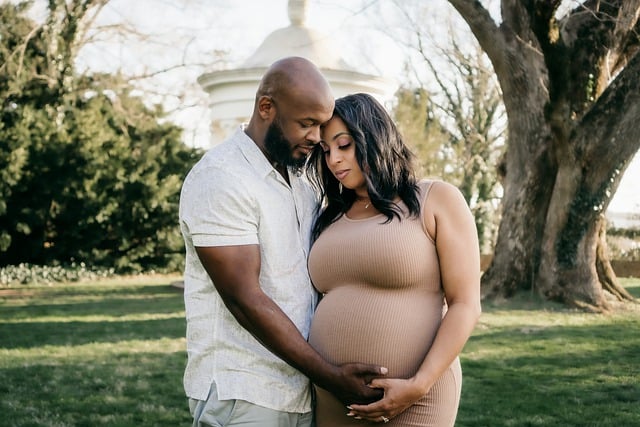Experiencing a pregnancy loss, whether early on or later, can be an indescribably painful journey. In an instant, the dreams and hopes you held for your future can shatter, leaving a profound sense of emptiness. Often, if the loss occurs early, others may not even realize you were expecting, while later losses are known primarily to you and your partner. This lack of visibility can make the grieving process feel isolating.
Grief is a natural response to losing someone you love, and when that loss occurs before a life has been fully lived, it can feel particularly complicated. Instead of mourning a life that has been, you’re grieving the future you envisioned with your baby. The emotions you experience might seem out of step with those around you, leading you to feel like you’re overreacting while others appear indifferent. Nevertheless, it’s essential to acknowledge your grief—it’s a vital tribute to your baby’s existence.
Understanding Grief and Mourning
Everyone grieves in their own unique way and timeframe, influenced by personality and life experiences. While there are common stages of grief—like shock, sadness, and eventual acceptance—how each person processes these feelings can vary significantly. Factors that deepen the sense of loss include:
- Duration of Trying: The longer you’ve been trying to conceive, the more profound the loss may feel.
- Medical Technology: The emotional investment in a pregnancy often increases with the use of advanced medical procedures.
- Age: Feeling the pressure of time can amplify your connection to the pregnancy.
- Gestational Progress: As a pregnancy progresses, attachment tends to grow.
- Multiple Losses: Each subsequent loss can intensify grief, often leading to diminished confidence in future pregnancies.
Grieving is your emotional response, while mourning refers to the way we express and cope with those feelings. Unlike more visible losses, such as the passing of a loved one, societal rituals for miscarriage are less established. Therefore, it’s beneficial for couples to create personal rituals that honor their baby’s existence and allow them to grieve. Some meaningful actions to consider include:
Creating Personal Rituals
- Personal Memorials: You might organize a small memorial service or choose a special location like a favorite park where you can share poems or letters in memory of your baby. Lighting a candle or donating to a charity in your baby’s name can also be healing.
- Physical Activities: Engaging in exercise has been shown to alleviate feelings of depression and anxiety. Activities like training for a charity race in memory of your baby or planting a tree can provide a tangible connection to your loss.
- Creative Expression: Using artistic outlets can be a powerful way to process grief. Whether it’s creating a scrapbook, writing a poem, or making a memory box filled with keepsakes, these acts can help give meaning to your experience. You might also find journaling beneficial, allowing you to capture your feelings and track your healing journey.
- Find Support: Sharing your feelings with understanding individuals can significantly lessen the emotional burden. Connecting with others who have experienced similar losses, such as through support groups or online forums, can provide validation and comfort. You may also consider educating friends and family about the emotional weight of pregnancy loss to foster understanding.
- Create Meaning: Over time, you may find purpose in your loss. This could lead you to seek therapy, volunteer with organizations, or join support groups that help you channel your grief into positive action. Remember, your baby will always hold a special place in your heart, and allowing their memory to inspire you can be a beautiful tribute.
For more insights, check out this article about how LGBTQ couples have successfully navigated similar experiences with at-home insemination. Additionally, if you’re exploring options, consider resources like the American College of Obstetricians and Gynecologists, which provides excellent information on treating infertility.
Conclusion
In summary, navigating the heartbreak of pregnancy loss is a deeply personal journey. By acknowledging your grief, creating meaningful rituals, engaging in physical activities, and finding supportive connections, you can begin to heal from this invisible loss. Your baby’s memory can inspire you to seek purpose and connection in your life.

